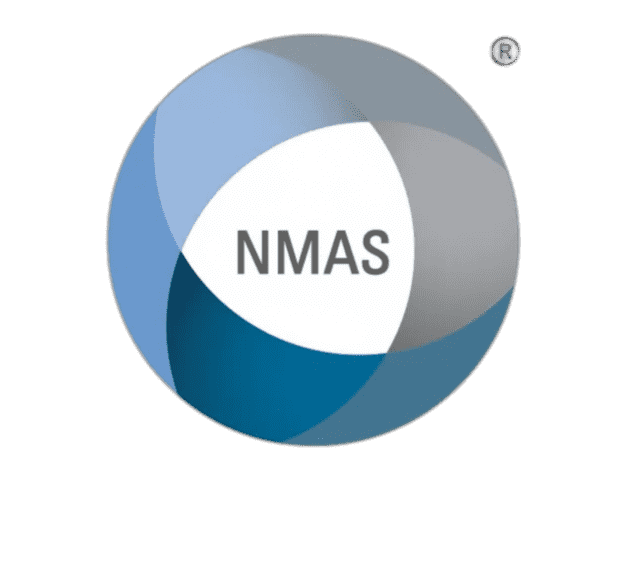A senior professional from a federal agency was referred to the RARE (Recharge and Recovery Effort) counselling program to address ongoing stress and emotional fatigue. At the time of referral, she was supporting a team navigating high demands, limited resourcing, and persistent psychological strain. Despite her own efforts to maintain wellbeing, the cumulative impact of her leadership role and the emotional toll of caring for others had begun to affect her personally.
She presented with frustration, disrupted sleep, and a sense of emotional overload. Initial sessions revealed a strong sense of responsibility for her team’s morale and performance, accompanied by growing tension in her working relationships and increasing difficulty maintaining separation between work and home life.

Program Participation and Themes
The client completed four structured telehealth sessions focused on:
- Normalising stress responses
- Strengthening emotional regulation
- Reframing professional challenges
- Rebuilding energy and perspective
“My team is constantly on edge, and I find myself carrying it all. I’m trying to be strong for everyone, but it’s exhausting.”
As the program progressed, the client began applying strategies such as scheduling protected time, adopting a more directive communication style, and re-evaluating how she approached workplace challenges. Psychoeducation was provided on active listening, neurodiversity, moral distress, and sustainable leadership practices.
Midway through the program, she began to reframe her thinking—realising that her current circumstances were not fixed and that she had permission to consider new ways of working and living.
“Just saying out loud that I had options made everything feel lighter. It wasn’t about giving up—it was about remembering I still had a choice.”
Final sessions explored what fulfilment might look like beyond her current role. She expressed interest in creative hobbies, learning opportunities, and reconnecting with friends and family. The concept of systems-based self-care—focusing on meaningful, repeatable actions over rigid goals—resonated strongly with her, reinforcing the importance of alignment between values, health, and lifestyle.
What We Addressed
- Team anxiety and emotional fatigue
- Leadership strain and boundary setting
- Values alignment and purpose
- Managing stress while supporting others
- Separating work identity from personal wellbeing
What Changed
Over four telehealth sessions, we used psychoeducation, guided reflection, and practical tools to:
- Build emotional regulation skills
- Reduce reactivity and restore perspective
- Explore options for sustainable change
- Reconnect to purpose beyond role
- Reframe systems of self-care and success
Outcomes and Data Insights
The client completed validated screening tools at the start and end of the program. These revealed several key shifts:
- PSS (Perceived Stress Scale) Total Stress decreased from 28 to 7, representing a substantial 75% reduction in perceived stress levels.
- Perceived Helplessness component dropped from 21 to 6, indicating a significant improvement in how much control the client felt over her circumstances.
- Self-Efficacy Subscale declined from 7 to 1, indicating a strong improvement in the client’s confidence in managing stress and solving problems — reflecting enhanced resilience and personal coping capacity.
These outcomes reflect meaningful improvements in the client’s psychological wellbeing, including reduced perceived stress, enhanced emotional clarity, and greater cognitive flexibility in approaching workplace challenges. Notably, the significant drop in the Self-Efficacy subscale indicates that the client felt increasingly confident in her ability to manage problems and stressors—an encouraging sign of growing resilience and regained personal agency.
The client also provided a Net Promoter Score (NPS) of 10/10, stating she found the program “genuinely valuable” and had already recommended it to colleagues.
Program Impact
The RARE program provided a powerful circuit-breaker for this client—reducing stress, reconnecting values, and opening up new possibilities for the future. Even within just four sessions, she shifted from survival mode to intentional living, with tools she continues to apply in leadership and beyond.
Conclusion
The RARE program provided this client with a psychologically safe space to explore stressors, reconnect with her values, and develop strategies to reduce emotional load. Through a combination of reflective discussion, psychoeducation, and structured techniques, she achieved a more grounded, empowered outlook and was better positioned to make thoughtful decisions about her next steps—both personally and professionally.
This case reflects how short-term, evidence-based counselling can create impactful change for professionals experiencing workplace fatigue, even when external demands remain unchanged.








